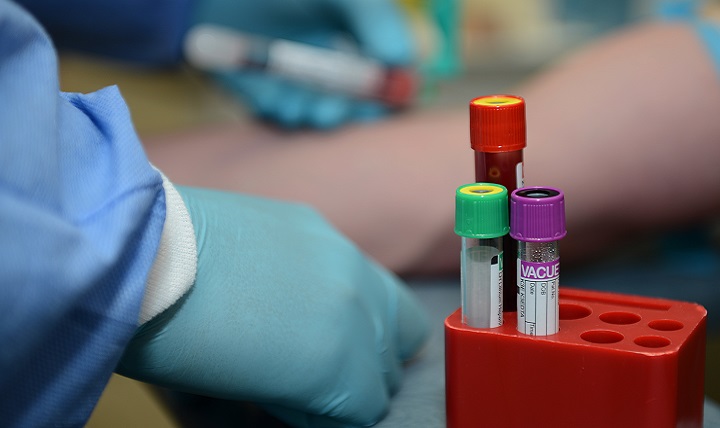Update on May 22, 2018
The death toll in Kerala due to Nipah virus infection has reached 10.
Over the last few days, news about the deadly Nipah virus (NiCNipah virus (NiV) ) infection outbreak in Kozhikode district of Kerala have been doing the rounds. On Monday, the death toll due to Nipah virus outbreak reached six, according to TNIE. The latest victim is a nurse who succumbed to the virus infection.
A healthcare expert team has reached Kozhikode district on Monday morning to ascertain and take stock of the situation. According to multiple reports, over 25 people are being kept under observation.
Union Heath Minister J.P. Nadda on Sunday said, “reviewed the situation of deaths related to nipah virus in Kerala with Secreatry Health. I have directed Director NCDC [National Centre for Disease Control] to visit the district and initiate required steps as warranted by the protocol for the disease in consultation with state government (sic).”
Nipah virus infection: symptoms, cures, and transmission
Symptoms of Nipah virus infection include fever, head ache, fainting and nausea. Persons with the infection can possibly go into coma a couple of days into fighting the infection. There is no vaccine for either humans or animals. The primary treatment for human cases is intensive supportive care, according to World Heath Organization (WHO).
Talking to Suryan FM, Dr. J. Radhakrishnan, Principal Secretary to the Government, Health and Family Welfare Department in Tamil Nadu, said, “People who experience neurological symptoms should visit a doctor.” “Do not panic and the cases of Nipah infection have been reported only in district of Kerala. In case of cold and fever, do visit a nearby doctor,” he added.
The natural host of Nipah virus are fruit bats of the Pteropodidae Family, Pteropus genus. Nipah virus was first identified during an outbreak of disease that took place in Kampung Sungai Nipah, Malaysia in 1998.
Talking to Suryan FM, Dr. Jinesh P.S from Info Clinic, a Facebook group of doctors, said, “as of now, there is no vaccine available for the treatment of Nipah Virus. However, there is nothing to panic, and do not get mislead by fake WhatsApp forward messages. Taking preventive measures are more important than self-medication.”
Preventive measures
- Do not consume fruits that are bitten by birds/bats.
- Avoid traveling when you are sick.
- Listen to your body and seek medical attention if you’re experiencing symptoms such as fever, nausea, cold, headache, etc.
- Keep distance from anyone who is diagnosed with fever.
- As there is lack of clarity on the manner in which the virus came to the state, self-protection measures such as washing hands must be strictly followed.
- People who take care of patients affected by Nipah virus should be more cautious. After contact with the patient, wash your hands with soap and water.
- Health professionals should also take precautionary measures, such as wearing disposable masks and gloves.
- Patient’s clothes, mattress, and their other personal things should be taken care separately. Patient’s clothes should be washed and dried separately.











Add Comment